This project developed WikiSync, a prototype of an online onboarding tool designed to improve the remote training and editing experience for new Wikipedia editors. Utilising the Ethnographically-informed Distributed Participatory Design (EDPD) framework, the project focused on optimising user experience through iterative feedback and design improvements. The tool aims to support Wikipedia trainers by enhancing the onboarding process and addressing usability challenges.
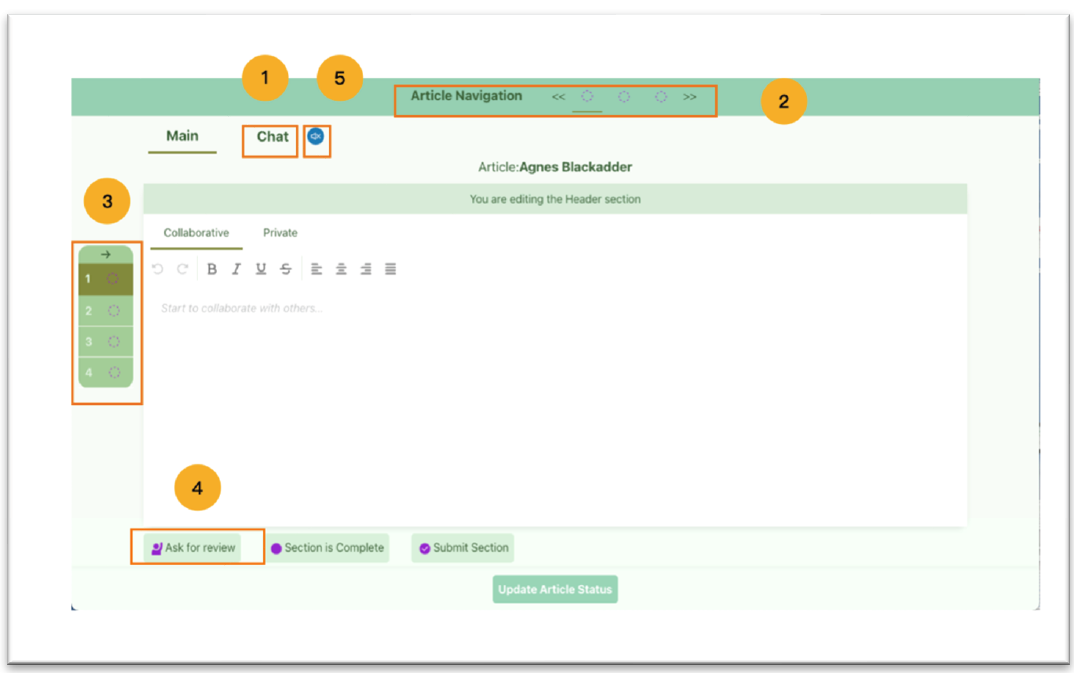
WikiSync: A New Wikipedia Onboarding Tool
User Onboarding
Web Application
Participatory Design
Agile Development

Spelling Buddy: Enhancing Spelling Proficiency for Non-Native Speakers
The Spelling Buddy project developed a browser extension to support non-native English speakers in improving their spelling skills. Addressing the over-reliance on language enhancement tools, this project integrates real-time spell-checking, interactive exercises, and personalised learning features, employing a co-design approach with users to create an intuitive and effective tool.
Spelling Enhancement
Web Application
Language Learning
User-Centric Design

Ethical Digital Nation Collaborative Web App
This project developed a web application to empower universities in Scotland to contribute to the Scottish Government's Ethical Digital Nation initiative through research and education. It utilized participatory design and agile development methodologies to align academic engagement with Scotland's digital ethics framework.
Ethical Digitalisation
Web Application
Human-Computer Interaction
Software Engineering
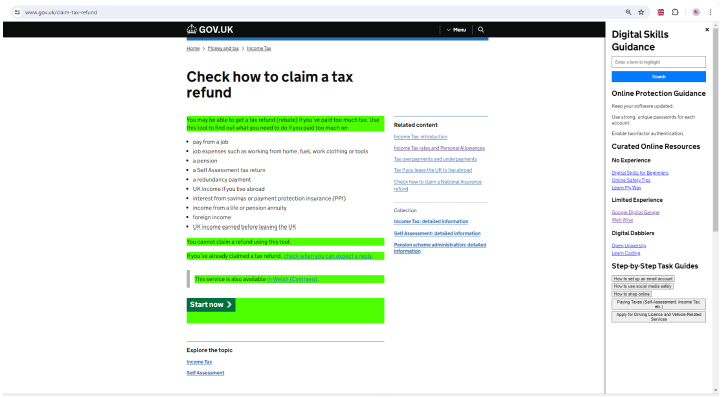
DigitalBridge: Bridging the UK’s Digital Divide
The DigitalBridge project addresses the UK's digital divide by developing a user-friendly web extension designed to improve digital skills and enhance online safety for individuals with limited technological experience. Using a participatory design approach, the project involved close cooperation with target users through workshops and feedback sessions to create a tool that fosters digital literacy and social inclusion.
Digital Inclusion
Web Extension
Participatory Design
Online Safety

Web-Based Visualisation Tool for Digital Exclusion in the UK
This project developed a web-based visualisation tool to address digital exclusion in the UK. By using a User-Centered and Participatory Design approach, the tool allows users to explore data on digital exclusion and equality through interactive visualizations, including a choropleth map and demographic charts. The project engaged with stakeholders to ensure the tool meets user needs and supports efforts to bridge the digital divide.
Data Visualisation
Web Application
Digital Inclusion
User-Centered Design
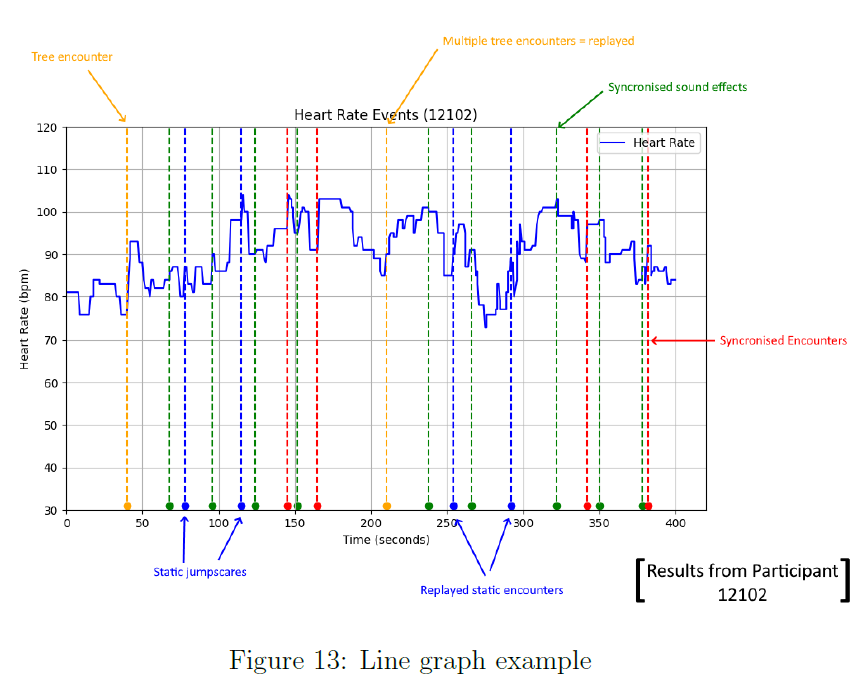
SyncPulse: Tension Levels Synchronization in an Interactive Gaming Environment
SyncPulse is an interactive gaming project that synchronizes in-game events with a user's tension levels, based on their heart rate, to assess the impact of physiological state-driven game events on player experience.
Gaming
Interactive Environments
Synchronization
Tension Levels
Unity
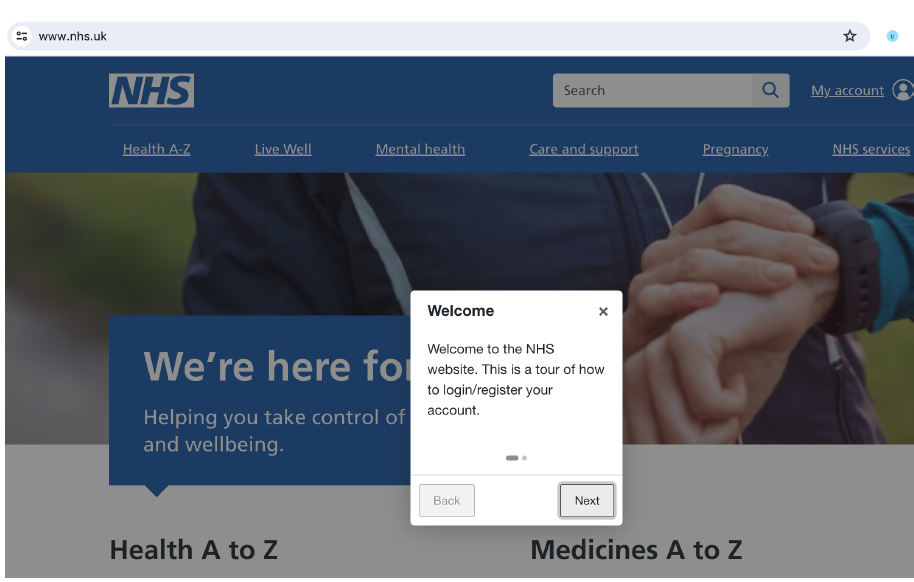
Melting Pot: Co-Designing a Digital Compass for Migrants
This project applies participatory design methodologies to collaborate with migrant communities in co-designing a web extension tool. The tool is aimed at facilitating the integration of migrants into new environments by addressing the unique challenges they face.
Participatory Design
Migrant Communities
Web Development
Social Inclusion

Ideator: Co-Designing Digital Research Paths for Open Knowledge Projects
The Co-Designing Digital Research Paths project focuses on increasing academic engagement in open knowledge platforms. Through the creation of the Ideator, a web tool guiding researchers, the project applies participatory design principles to meet the needs of academic contributors in open knowledge projects.
Open Knowledge
Digital Research
Participatory Design
Academic Research
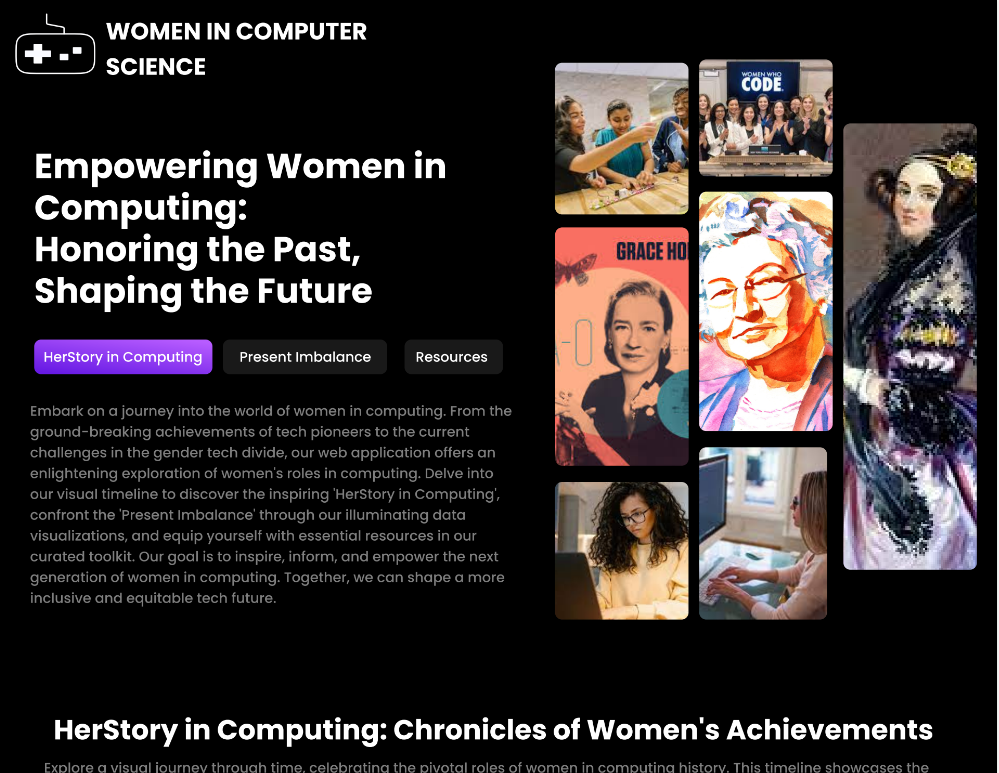
Empowering Young Women in Computer Science: An Interactive Web-Based Learning Tool
This project aims to inspire and empower young women in computer science by providing a web-based learning tool that highlights historical and contemporary female role models, visualizes gender disparity in the field, and offers interactive educational content.
Computer Science
Gender Disparity
Web Development
Interactive Learning
Female Role Models

Cross-Cultural Participatory Design: Bridging Global Perspectives
The Cross-Cultural Participatory Design project explores how participatory design principles can be effectively applied across different cultural contexts. By engaging diverse user groups in the design process, this project aims to create inclusive and culturally relevant solutions that bridge global perspectives and enhance user experience across borders.
Participatory Design
Cross-Cultural Collaboration
User Experience
Global Design
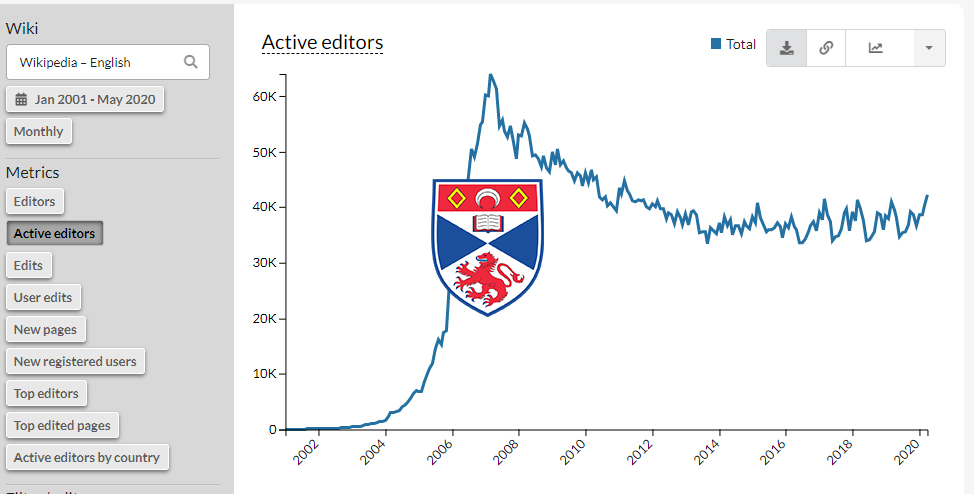
Wikipedia Editors – Fickle Individualists or Stable Communities?
The aim of this project is to use data on Wikipedia editing events in combination with Wikipedia data dumps containing information about edits to answer questions like the ones above.
Wikipedia
Ongoing Research
Group Senior Honours Project
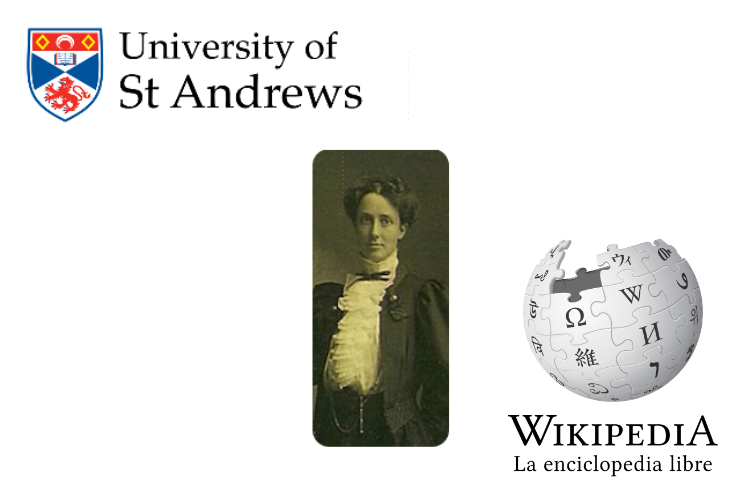
Notability – Who and What Deserves To Be on Wikipedia?
The aim of this project is to study the way that the concept of notability operates in the Wikipedia community.
Wikipedia
Ongoing Research
Group Senior Honours Project
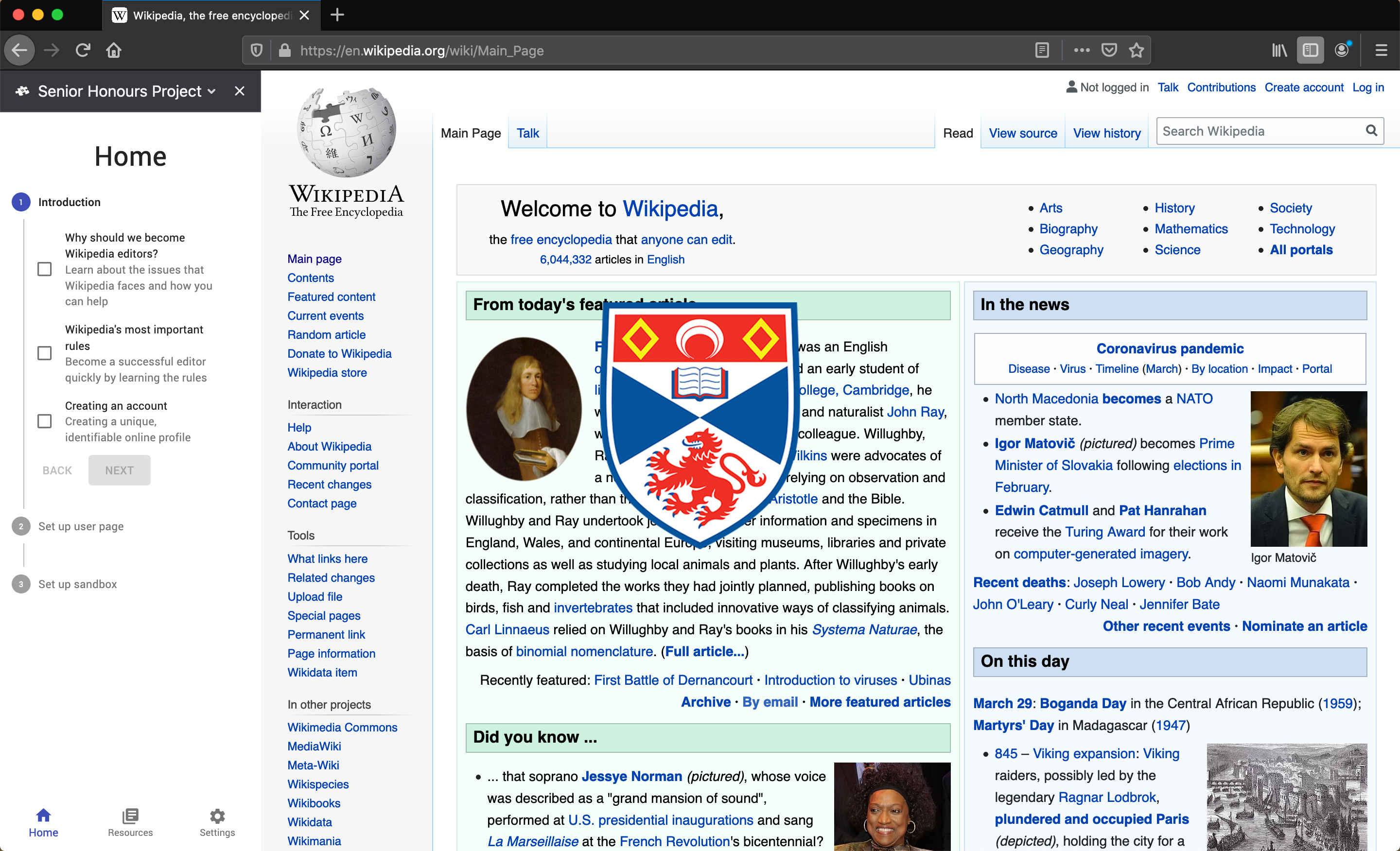
Getting Onboard with Wikipedia
The aim of this project was to build a Firefox extension to reduce the barrier to entry for new Wikipedia users.
Wikipedia
Research
Senior Honours Project Supervision